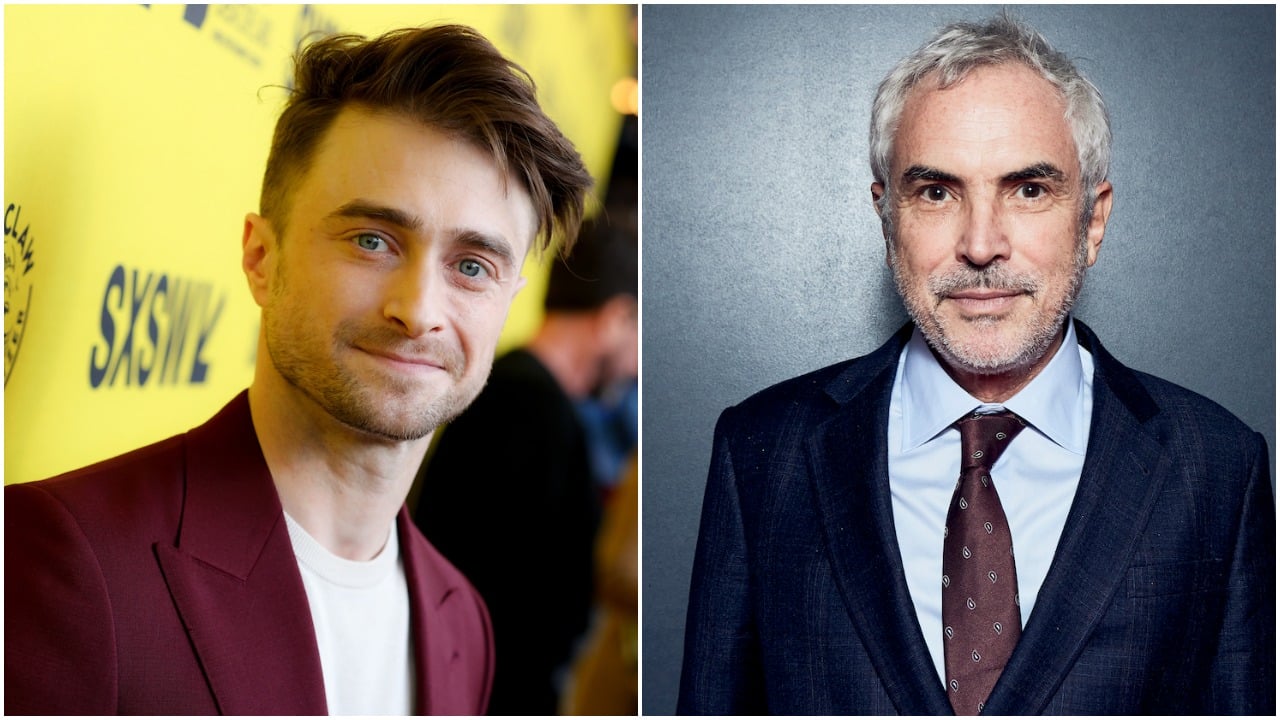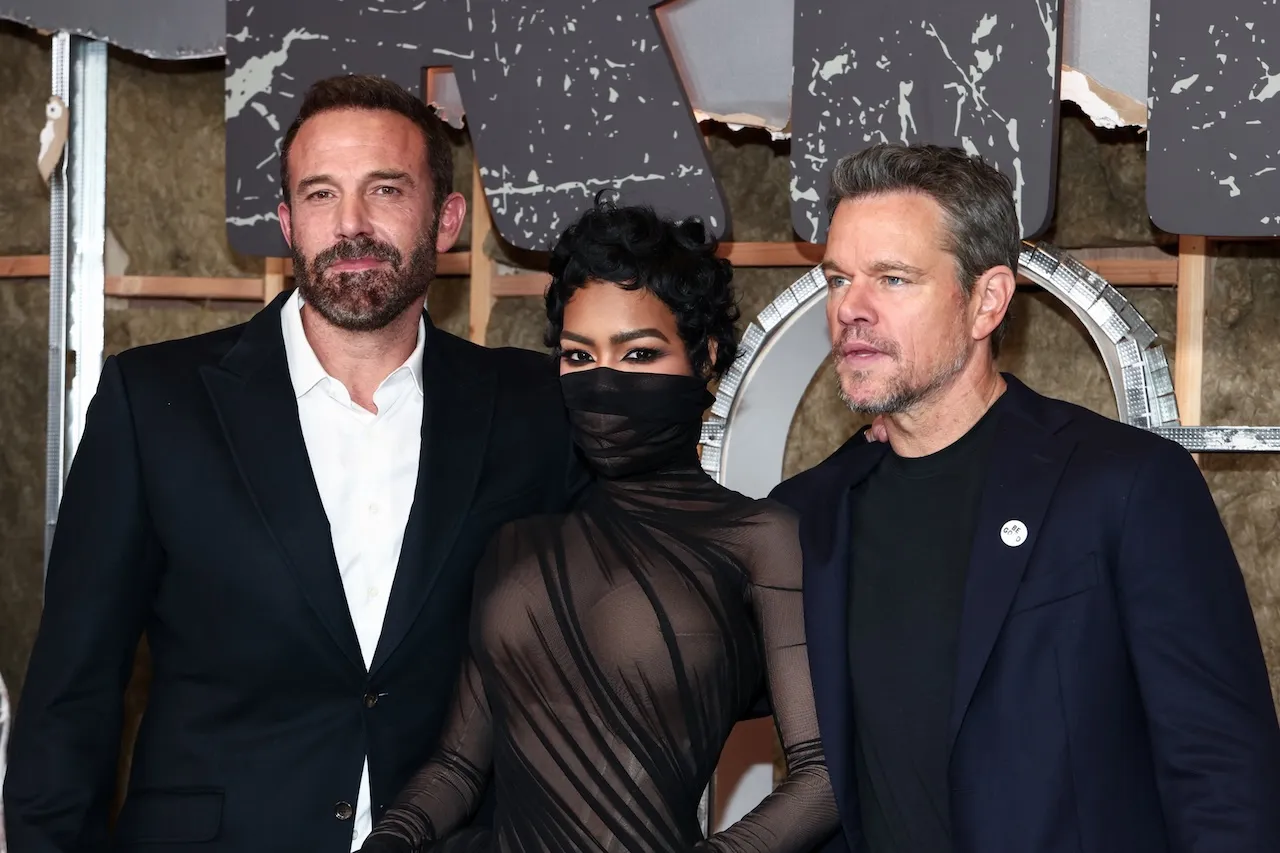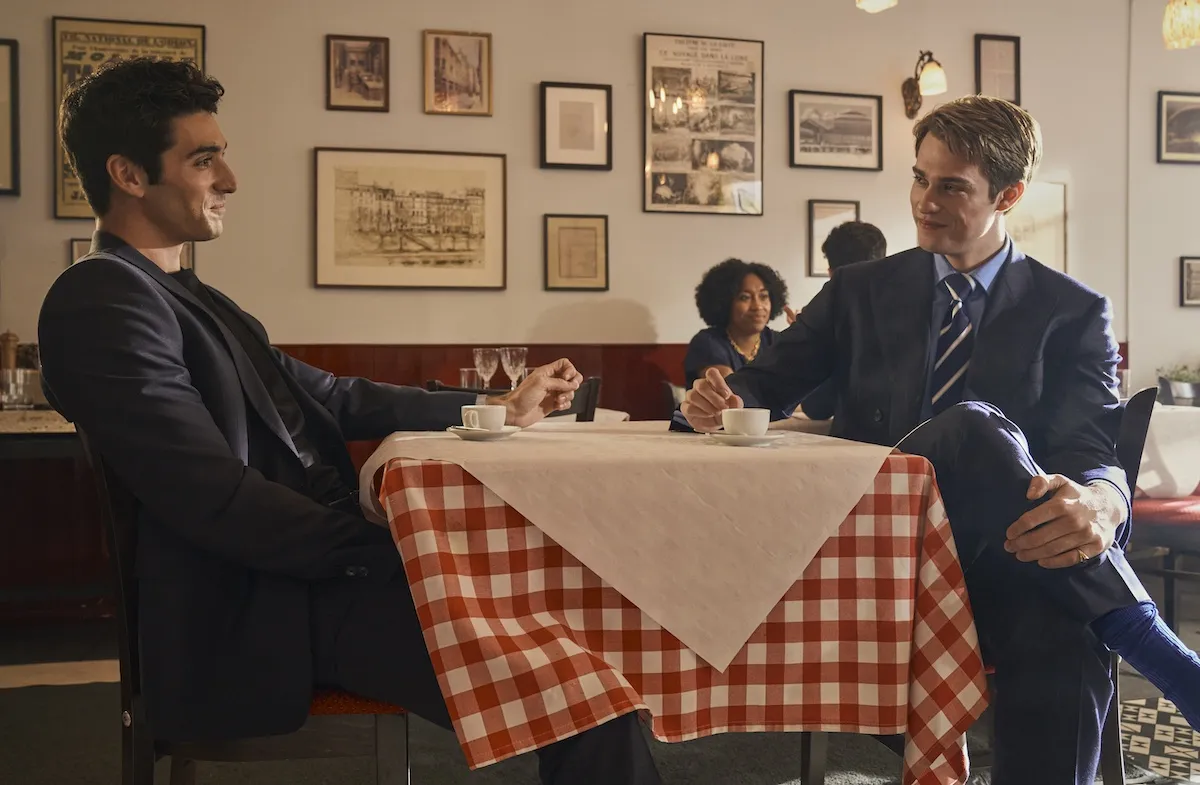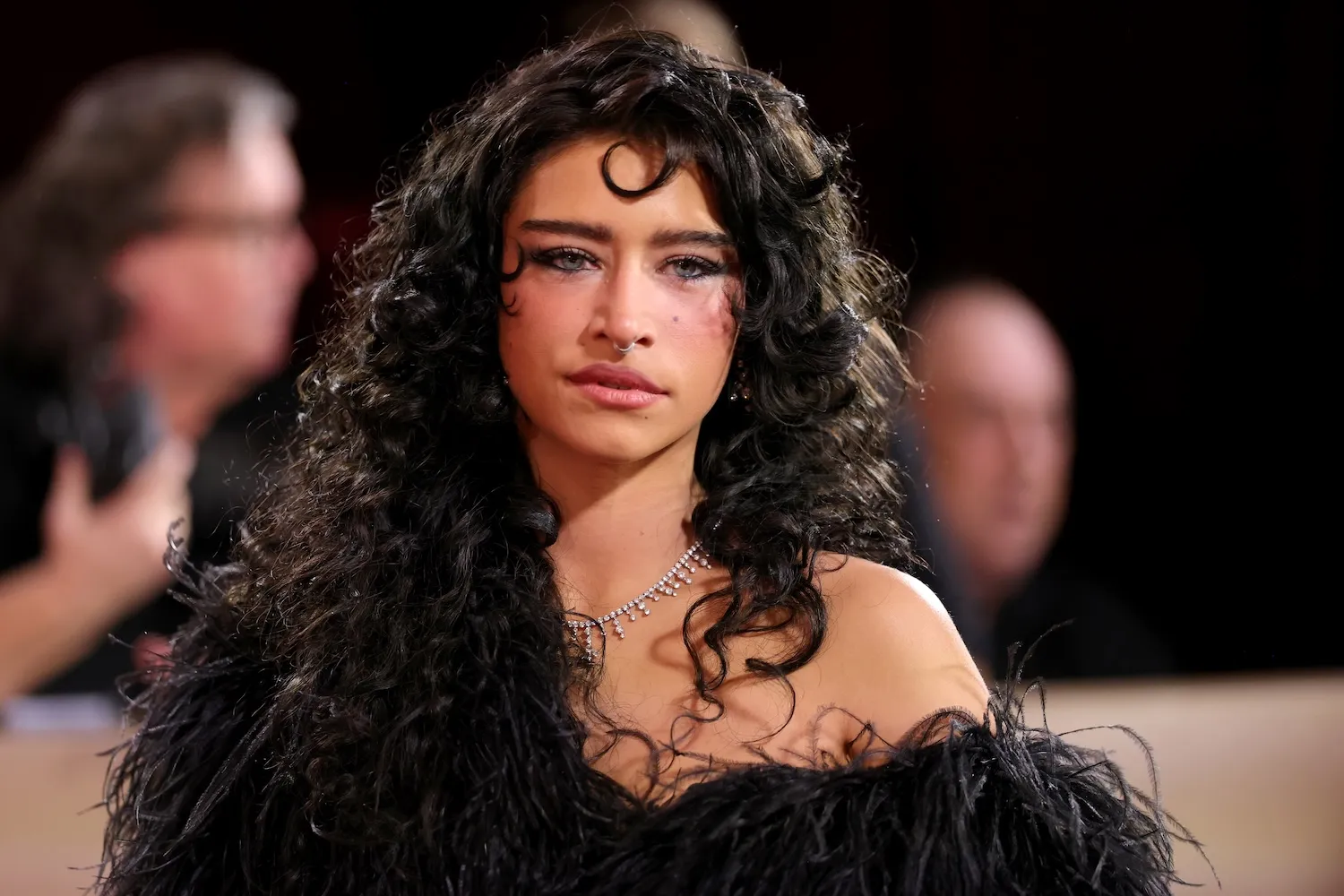‘Harry Potter’: Daniel Radcliffe Explains How Alfonso Cuarón’s ‘Prisoner of Azkaban’ Shaped Franchise’s Future
When fans first entered the wizarding world of Harry Potter, they were introduced to a fantastical yet relatively mild fictional universe. Chris Columbus directed the first two film installments, but then he left the franchise. Alfonso Cuarón’s Harry Potter and the Prisoner of Azkaban was the next installment. He immediately put his stamp on the series by taking it in a darker direction that lasted through the finale.
Bringing in the four-time Oscar winner was a “left-field” choice at the time, according to star Daniel Radcliffe. But in the end, it was the best decision for the series.

‘Harry Potter’ film franchise started on a tame note
The Harry Potter series revolves around an innocent young wizard being hunted by a powerful dark lord of the wizarding world. So tame is a relative term when it comes to the franchise.
Yet in the first two film installments — 2001’s Harry Potter and the Sorcerer’s Stone and 2002’s Harry Potter and the Chamber of Secrets — the threats were relatively benign. Voldemort was nowhere close to full strength, and Harry’s confrontations with his weak archenemy came close to home within the confines of Hogwarts Castle.
As Harry developed as a wizard, so did the challenges he faced. 2004’s Prisoner of Azkaban introduced physical darkness, time travel, an army of demonic dementors, and an ever-widening circle of enemies.
The darker and more complex themes Cuarón covered lasted throughout the rest of the franchise, and Radcliffe welcomed it.
Alfonso Cuarón’s ‘Harry Potter and the Prisoner of Azkaban’ shaped the future of the franchise
Cuarón’s previous directing effort before Prisoner of Azkaban was 2001’s Y Tu Mamá También. He had never helmed a big-budget production before, and he knew nothing about the Potter-verse coming in. But he left his mark on the series.
In the first two Harry Potter movies, Voldemort is more or less a figment of the imagination. Cuarón’s Prisoner of Azkaban unveiled more sinister layers to he-who-shall-not-be-named’s plot to kill Harry. The darker themes and greater challenges tracked with Harry’s development as a wizard, and that tone continued for the rest of the series.
As Radcliffe sees it, the trajectory toward darker and more complex themes started with Cuarón, and the director handled it brilliantly.
“[The Harry Potter producers] got Alfonso Cuarón to come in and direct the third one. Now, by the standards of modern cinema, that decision just looks very smart and good. At the time, I think we can forget how absolutely left-field that choice seemed, as the guy who’d just done Y Tu Mamá También,” Radcliffe told Empire. He continued:
“But again, it’s one of the decisions that our producer David Heyman made that really shaped the next few years of the series and allowed us to go to a darker place.”
In addition to spinning the series forward, Cuarón put his stamp on things in other ways. He asked Radcliffe, Rupert Grint (Ron Weasley), and Emma Watson (Hermione Granger) to write essays about their characters before shooting. He also added some Easter eggs in Prisoner of Azkaban that nodded to his Mexican heritage (e.g., skulls akin to Day of the Dead and a Hogwarts fountain with a snake and eagle like the Mexican flag).
Cuarón followed ‘Prisoner of Azkaban’ with a string of hits and 4 Oscars
Alfonso Cuarón previously worked on Little Princess, Great Expectations, and Y Tu Mamá También. But Harry Potter and the Prisoner of Azkaban was his first big-budget movie.
It wouldn’t be his last.
Cuarón adapted the screenplay and directed Children of Men (2006) after Prisoner of Azkaban. It lost money, but it was well-received and featured a memorable tracking shot that wowed audiences (via YouTube).
He wrote and directed Gravity (2013). It made $723 million on a $100 million budget, per Box Office Mojo, and netted him Academy Awards for best director and achievement in editing. 2018’s Roma was an intimately personal movie he wrote and directed, and Cuarón won Oscars for best director and achievement in cinematography.
Cuarón’s Prisoner of Azkaban didn’t earn any Academy Awards nominations, but he shaped the franchise’s future with his lone Harry Potter film.


